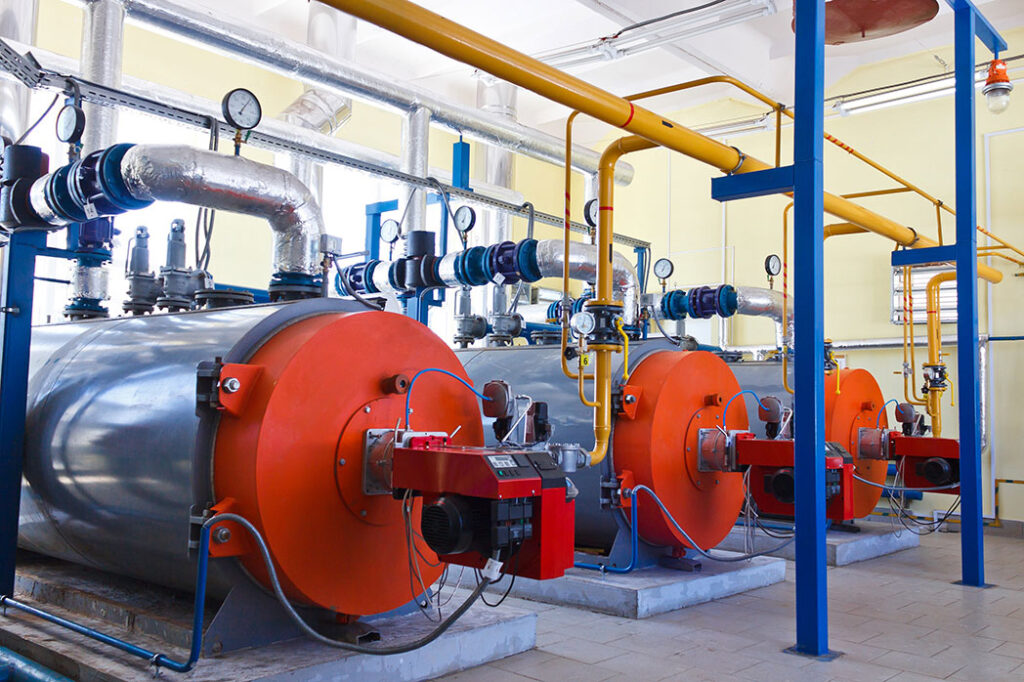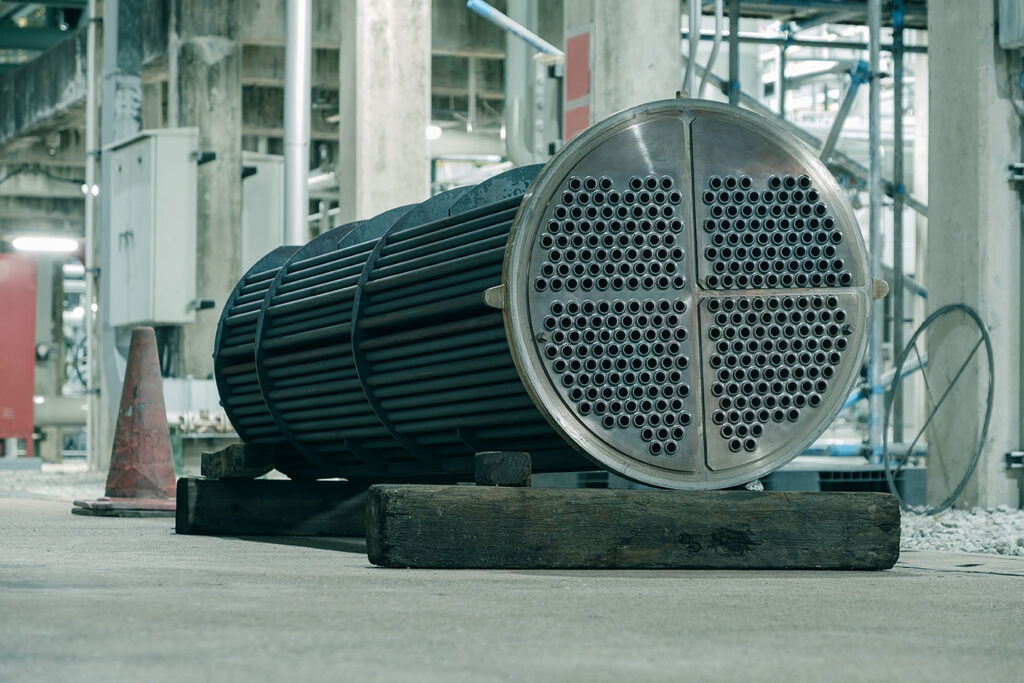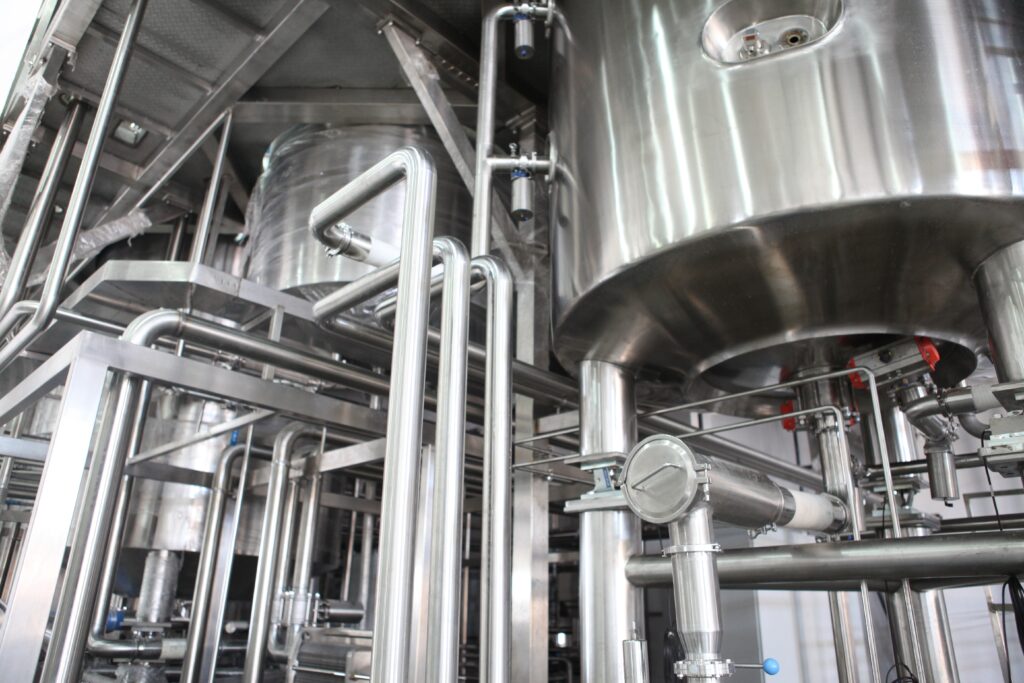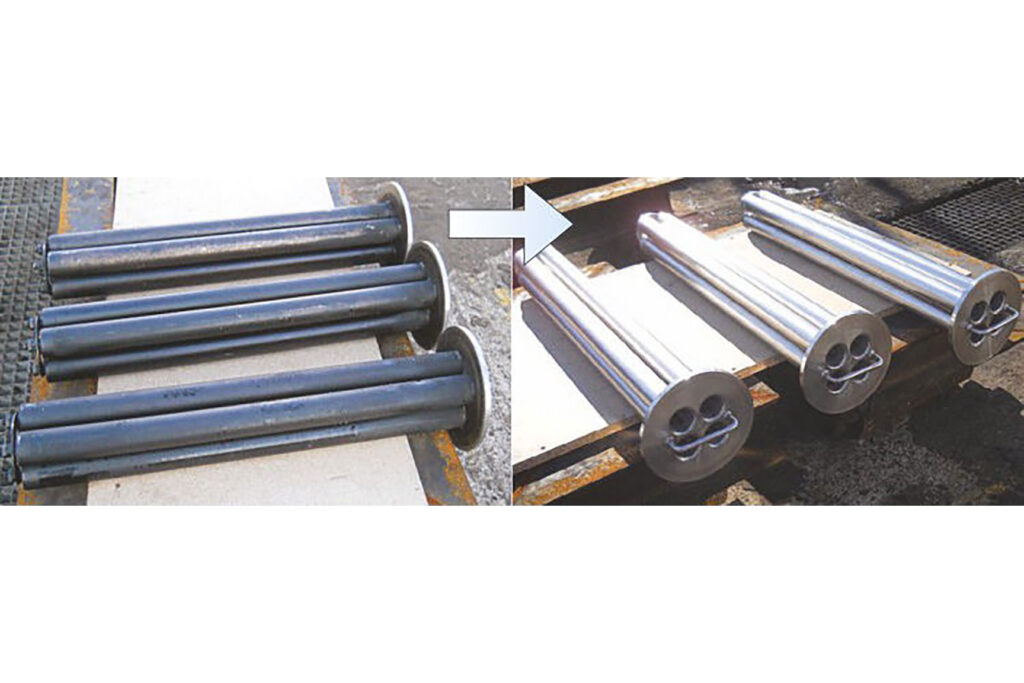Serrvices
We provide high quality chemical cleaning services
Chemical cleaning is the technical work of cleaning facilities using chemical products and is applied to the cleaning of equipment such as boilers, cooling networks, piping, tanks, cooling towers, heat exchangers and generally to any equipment that contains and comes in contact with liquids. The purpose of chemical cleaning is to remove deposits, such as salts, grease, rust boiler, petroleum residues, oils, etc.
The deposition of salts in the boiler reduces the efficiency of its operations.
Even more important than the loss
heat is the overheating of the boiler metals, caused by the presence of salts.
The result of these conditions is costly repairs and out of order
boiler time
Salt deposits reduce the efficiency of equipment operations because all types of deposits have a low degree of thermal conductivity.
The salts form a thin insulating film along the conductors being transported
heat, thus reducing its efficiency.
Salt deposits reduce the efficiency of equipment operations because all types of deposits have a low degree of thermal conductivity.
The salts form a thin insulating film along the conductors being transported
heat, thus reducing its efficiency.
Pickling and passivation are chemical treatments used to enhance the corrosion resistance of stainless steel. Pickling involves using acid solutions to remove oxides, rust, and welding residues from the surface. This process ensures a clean, contaminant-free metal surface. Passivation follows, using a mild oxidant to remove free iron and promote the formation of a thin, protective chromium oxide layer. This passive layer enhances the steel’s resistance to corrosion and extends its lifespan.
These treatments are widely used in industries such as food processing, pharmaceuticals, and marine applications, where stainless steel must maintain its durability and resistance to harsh environments.
Under the directive
EIGA Document No: 33/18- Cleaning of Equipment for Oxygen Service
Why you need chemical cleaning?
- Reduced thermal efficiency of heat exchange surfaces resulting in wasted fuel and energy.
- Reduced fluid flow.
- Immediate detailed inspection for damage detection.
- Increases the life of the equipment.
- Removing liquids from the equipment that become dangerous to personal safety.
- Removing liquids from the equipment that become dangerous to hygiene.
- Pre-cleaning before insertion into the food industry.
- Preliminary cleaning before insertion into sensitive substances systems.
- Pre-cleaning to eliminate the possibility of problems during the commissioning of the facilities (precommission cleaning)






